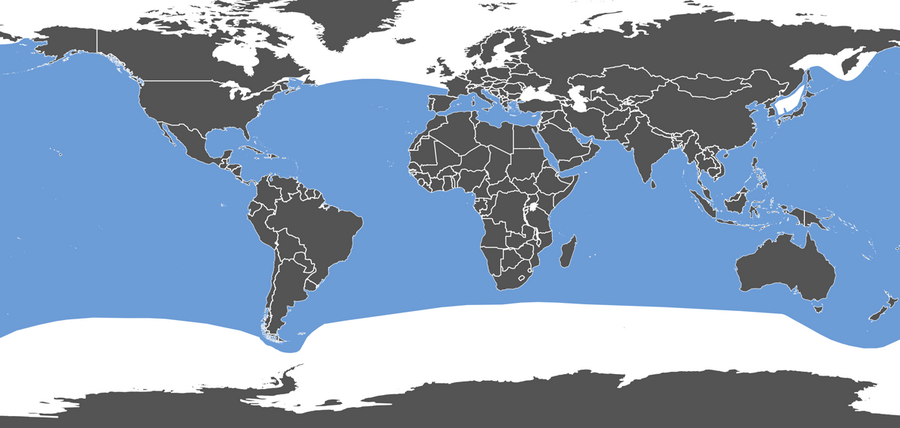Canada is trying to fill the human rights leadership gap that the Trump administration has left on the world stage. But it is finding that without US backing, taking the high road comes with a cost.
Monitor Daily Podcast
- Follow us:
- Apple Podcasts
- Spotify
- RSS Feed
- Download
 Clayton Collins
Clayton Collins
In August in the US Northeast, a middle-aged suburbanite’s fancy turns to tomatoes.
We don’t all need to become experts in microfarming and food preservation. But there’s a deepening awareness that local food is good stuff. A Gallup poll this week showed that a majority of Americans now actively seek it.
That’s not to ignore the stubborn (though eroding) reality of “food deserts” served mostly with processed and plastic-wrapped items. But urban farmers markets and urban farms abound. Many accept SNAP payments. Important elements of the farm bill now moving through Congress address local-food policy.
Big-scale farming, of course, is still about soil-depleting monoculture and sourcing the crops that end up mostly in that processed food. (Or caught in trade-war limbo, as with the 70,000 tons of soybeans now wandering the sea aboard one cargo ship.) But movement is occurring there, too.
In an otherwise sobering report, the food policy site Civil Eats notes that more Iowa farmers are adding oats and other small grains to their rotations. In Indiana, soil-protecting cover crops have become the third most planted crop. Sure, local markets are small. “People just aren't going to gamble with land valued at $2,000 per acre,” economics writer Laurent Belsie reminds me.
But local markets will grow as farm-to-institution efforts grow, feeding schools, hospitals, universities, company cafeterias, and eldercare facilities – sun-warmed local produce finding outlets to match its appeal.
Now to our five stories for your Friday, including a look at Canada’s efforts to find its global role, at Charlottesville’s struggle to find social harmony, at Buddhism’s surprising strength in Siberia, and at scientists’ work to do a little PR for a deep-ocean predator.












